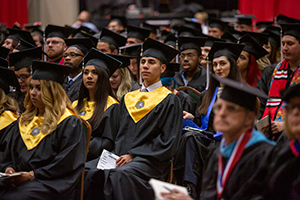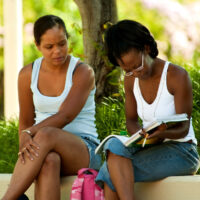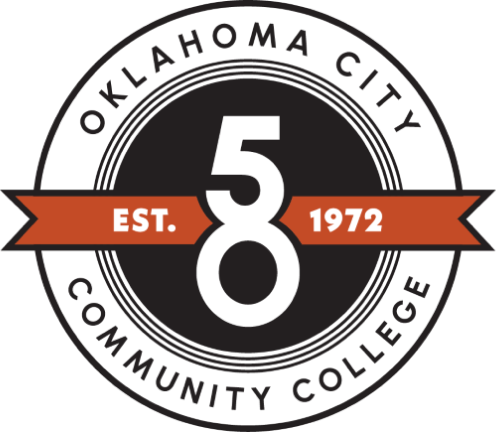Writing Center ECHO: What is Quoteworthy?
(405) 682-1611 Ext. 7379
7777 South May Avenue
Oklahoma City, OK 73159
An educational resource of Division of Arts, English, and Humanities
Writing Center Hours
Fall and Spring Semester:
Monday-Thursday, 9 AM-7 PM
Friday and Saturday, 10 AM-3 PM
Summer Semester:
Monday-Thursday, 9 AM-7 PM
Friday (virtually only), 10 AM-3 PM
Closed Saturday
Intersessions:
Monday-Friday, 9AM-5PM
ECHO: What is Quoteworthy?
How do I decide what quotes to use from a text? What's important?
- Read with a pencil or pen in hand. Make notes either in the text or on a piece of paper.
- Underline or highlight important points or big ideas- this is usually a thesis statement.
- Ask yourself this: "What would I tell my friends were the best parts of this text?"
- If you greatly agree or disagree with the story or reading, why? What struck a chord?
Consider the following suggestions:
The author's original satisfies one of these requirements:
- The language is unusually vivid, bold, or inventive.
- The quotation cannot be paraphrased without distortion or loss of meaning.
- The word themselves are at issue in your interpretation.
- The quotation represents and emphasizes a body of opinion or the view of an important expert.
- The quotation emphatically reinforces your own idea.
- The quotation is a graph, diagram, or table.
The quotation is as short as possible:
- It includes only material relevant to your point.
- It is edited to eliminate examples and other unneeded material.
From The Little, Brown Handbook, 7th ed. by H. Ramsey Fowler and Jane E. Aaron, 1998, Addison-Wesley Educational Publishers Inc., New York, p. 592
Consider the following excerpt from Sherman Alexie's nonfiction essay, Superman and Me:
This might be an interesting story all by itself. A little Indian boy teaches himself to read at an early age and advances quickly. He reads "Grapes of Wrath" in kindergarten when other children are struggling through "Dick and Jane". If he'd been anything but an Indian boy living on the reservation, he might have been called a prodigy. But he is an Indian boy living on the reservation and is simply and oddity. He grows into a man who often speaks of his childhood in the third person, as if it will somehow dull the pain and make him sound more modest about his talents.
A smart Indian is a dangerous person, widely feared and ridiculed by Indians and non-Indians alike. I fought with my classmates on a daily basis. They wanted me to stay quiet when the non-Indian teacher asked for answers, for volunteers, for help. We were Indian children who were expected to be stupid. Most lived up to those expectations in the classroom but subverted them on the outside. They struggled with basic reading in school but could remember how to sing a few dozen powwow songs. They were monosyllabic in front of their non-Indian teachers but could tell complicated stories and jokes at the dinner table. They submissively ducked their heads when confronted by a non-Indian adult but would slug it out with the Indian bully who was 10 years older. As Indian children, we were expected to fail in the non-Indian world. Those who failed were ceremonially accepted by other Indians and appropriately pitied by non-Indians.
Despite all the books I read, I am still surprised I became a writer. I was going to be a pediatrician. These days, I write novels, short stories, and poems. I visit schools and teach creative writing to Indian kids. In all my years in the reservation school system, we were never taught how to write poetry, short stories, or novels. I was certainly never taught that Indians wrote poetry, short stories and novels. Writing was something beyond Indians. I cannot recall a single time that a guest teacher visited the reservation. There must have been visiting teachers. Who were they? Where are they now? Do they exist? I visit the schools as often as possible. The Indian kids crowd the classroom. Many are writing their own poems, short stories and novels. They have read my books. They have read many other books. They look at me with bright eyes and arrogant wonder. They are trying to save their lives. Then there are the sullen and already defeated Indian kids who sit in the back rows and ignore me with theatrical precision. The pages of their notebooks are empty. They carry neither pencil nor pen. They stare out the window. They refuse and resist. "Books," I say to them. "Books," I say. I throw my weight against their locked doors. The door holds. I am smart. I am arrogant. I am lucky. I am trying to save our lives.









